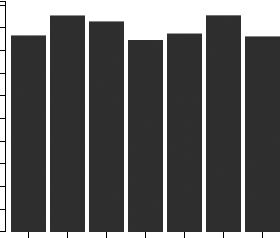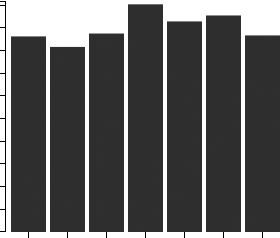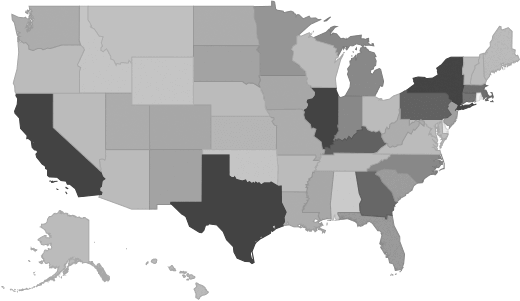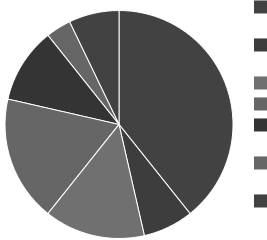- (800) 311-5355
- Contact Us
| Historical | Forecasted | ||||||||||
|---|---|---|---|---|---|---|---|---|---|---|---|
| 2020 | 2021 | 2022 | 2023 | 2024 | 2025 | 2026 | 2027 | 2028 | 2029 | 2030 | |
| Market Size (Total Revenue) | Included in Report | ||||||||||
| % Growth Rate | |||||||||||
| Number of Companies | |||||||||||
| Total Employees | |||||||||||
| Average Revenue per Company | |||||||||||
| Average Employees per Company | |||||||||||



| Company Size | All Industries | Radio & Television Broadcasting |
|---|---|---|
| Small Business (< 5 Employees) | Included | |
| Small Business (5 - 20) | ||
| Midsized Business (20 - 100) | ||
| Large Business (100 - 500) | ||
| Enterprise (> 500) | ||
| Industry Average | Percent of Sales | |
|---|---|---|
| Total Revenue | Included | |
| Operating Revenue | ||
| Cost of Goods Sold (COGS) | ||
| Gross Profit | ||
| Operating Expenses | ||
| Operating Income | ||
| Non-Operating Income | ||
| Earnings Before Interest and Taxes (EBIT) | ||
| Interest Expense | ||
| Earnings Before Taxes | ||
| Income Tax | ||
| Net Profit | ||

Cost of Goods Sold
Salaries, Wages, and Benefits
Rent
Advertising
Depreciation and Amortization
Officer Compensation
Net Income
| Financial Ratio | Industry Average |
|---|---|
| Profitability Ratios | Included |
| Profit Margin | |
| ROE | |
| ROA | |
| Liquidity Ratios | |
| Current Ratio | |
| Quick Ratio | |
| Activity Ratios | |
| Average Collection Period | |
| Asset Turnover Ratio | |
| Receivables Turnover Ratio | |
| Inventory Conversion Ratio |
| Product Description | Description | Revenue ($ Millions) |
|---|---|---|
| Industry total | Included | |
| Television broadcasting - air time | ||
| Radio broadcasting - air time | ||
| National & regional advertising (net) | ||
| Local advertising (net) | ||
| Programs | ||
| Network compensation | ||
| All other operating receipts | ||
| All other receipts | ||
| Public & non-commercial programming services - television | ||
| Title | Percent of Workforce | Bottom Quartile | Average (Median) Salary | Upper Quartile |
|---|---|---|---|---|
| Management Occupations | 8% | Included | ||
| Chief Executives | 0% | |||
| General and Operations Managers | 3% | |||
| Business and Financial Operations Occupations | 5% | |||
| Arts, Design, Entertainment, Sports, and Media Occupations | 57% | |||
| Entertainers and Performers, Sports and Related Workers | 13% | |||
| Actors, Producers, and Directors | 13% | |||
| Producers and Directors | 13% | |||
| Media and Communication Workers | 24% | |||
| Announcers | 12% | |||
| Radio and Television Announcers | 12% | |||
| News Analysts, Reporters and Correspondents | 8% | |||
| Reporters and Correspondents | 5% | |||
| Media and Communication Equipment Workers | 18% | |||
| Broadcast and Sound Engineering Technicians and Radio Operators | 13% | |||
| Broadcast Technicians | 10% | |||
| Television, Video, and Motion Picture Camera Operators and Editors | 6% | |||
| Sales and Related Occupations | 12% | |||
| Sales Representatives, Services | 11% | |||
| Advertising Sales Agents | 11% | |||
| Advertising Sales Agents | 11% | |||
| Office and Administrative Support Occupations | 10% | |||
| Company | Address | Revenue ($ Millions) |
|---|---|---|
Included | ||